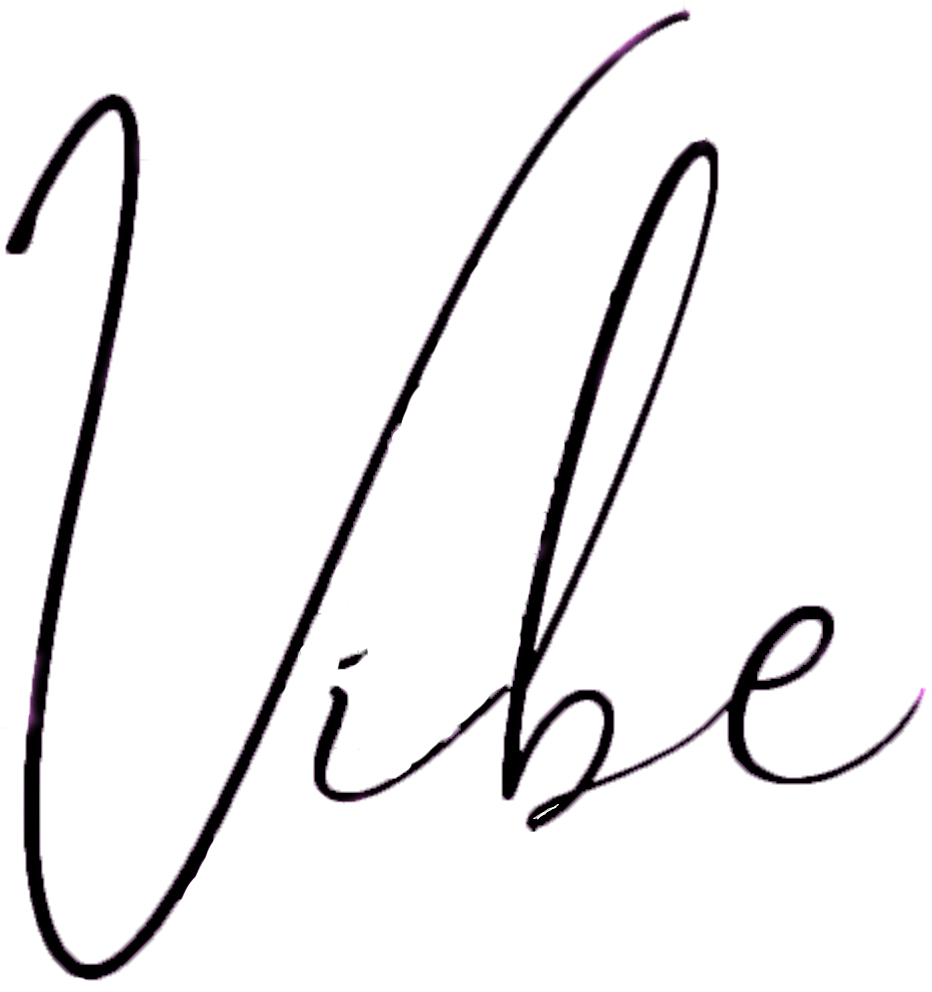Hold on a second — betting exchanges often confuse even seasoned players, let alone newcomers. At first glance, they look like a clever twist on traditional sportsbooks, but the reality is more nuanced, especially under Canadian law. If you’re just dipping your toes into online gambling, understanding how these platforms operate legally, what risks you face, and how to stay compliant is crucial.
Let me walk you through practical insights, peppered with examples and legal frameworks, so you’re equipped to navigate betting exchanges safely and smartly. This isn’t your typical “definition and disclaimer” article; instead, you’ll get hands-on guidance informed by real-world legal nuances and online gambling mechanics relevant to Canadian players.


What Is a Betting Exchange and How Is It Different from Traditional Sportsbooks?
Here’s the thing: most Canadians are familiar with conventional sportsbooks where you bet against the house. Betting exchanges flip that script. Instead of betting against a bookmaker, you bet against other players. You can back (bet for) or lay (bet against) an outcome, effectively becoming the bookmaker yourself.
This peer-to-peer model offers advantages like better odds (since no bookmaker margin inflates prices) and more betting options, including cashing out before events finish by trading positions. However, it also introduces legal and operational complexities, especially concerning regulation and consumer protections.
For instance, while traditional sportsbooks may be licensed provincially (e.g., Ontario’s AGCO or iGaming Ontario regime), many betting exchanges operate offshore, often under jurisdictions like Curaçao or Malta. This creates a “grey market” environment for Canadian players, with implications on legality and dispute resolution.
Legal Landscape of Betting Exchanges in Canada: What You Need to Know
Wow! The legal framework is anything but straightforward. Canadian gambling laws are primarily provincial, with each province regulating through their own agencies. Ontario’s recent licensing of online operators via iGaming Ontario (iGO) is a landmark step toward regulated online betting.
However, many betting exchanges remain unlicensed within Canadian provinces and function offshore. For example, if you’re playing on an exchange licensed by Curaçao (a popular license but outside Canada’s regulatory umbrella), you don’t enjoy the same consumer protections as provincially licensed sites. This is a key risk for Canadian players.
From a legal perspective, this means that while using such platforms isn’t explicitly illegal for players, operators run in a regulatory grey zone, and enforcement can be inconsistent.
Let me break down the three scenarios for you:
- Licensed Provincial Operators: Fully regulated, consumer-protected, with mandatory KYC/AML, dispute resolution, and responsible gambling measures.
- Unlicensed Offshore Exchanges: Operating under foreign jurisdictions, may accept Canadian players but with limited legal recourse in case of disputes.
- Illegal Betting Platforms: Those not licensed anywhere or flagged by Canadian authorities — posing significant risk.
Comparison Table: Betting Exchange Regulatory Status and Risks in Canada
| Aspect | Provincially Licensed Exchange | Curaçao-Licensed Exchange | Unregulated/Illegal |
|---|---|---|---|
| Legality for Players | Legal and regulated | Grey zone; generally tolerated | Potentially illegal |
| Consumer Protections | Strong (dispute resolution, ADRs like iGO) | Basic (dependent on operator goodwill) | None; high risk |
| Responsible Gaming Tools | Mandatory controls, self-exclusion | Varies by operator | Usually absent |
| Payment Processing | Supports Canadian deposit methods (Interac, credit cards) | Often crypto and e-wallet friendly | Unreliable or unsafe |
| Legal Recourse | Provincial regulatory bodies | Limited; often to Curaçao regulator (less powerful) | None; rely on informal channels |
Practical Implications for Canadian Players Using Betting Exchanges
Alright, check this out — when you place a bet on a betting exchange, your counterparty is often another player. This means the exchange itself usually charges a commission on net winnings rather than building a margin into odds like a sportsbook. This subtle difference impacts your bankroll management and expected value calculations.
For example, if a betting exchange charges a 5% commission, and your gross winnings are CAD 100, your net payout after commission is CAD 95. This commission is generally lower than a sportsbook margin, making exchanges attractive for value-conscious bettors.
However, this model can lead to liquidity issues. Suppose you want to lay a bet on a less popular market; finding a counterparty can be tough, resulting in limited betting options or the need to split bets. Also, since you effectively assume the bookmaker role when laying bets, your risk exposure can be greater than simply backing outcomes.
Another legal angle involves KYC (Know Your Customer) and AML (Anti-Money Laundering) regulations. Canadian players must complete identity verification before withdrawals, especially on regulated platforms. Offshore exchanges licensed in places like Curaçao sometimes have laxer standards, but reputable operators comply with robust verification to avoid sanctions.
Choosing a Safe and Reliable Betting Exchange: Key Criteria
On the one hand, you want robust legal protection and transparent operations. On the other hand, you desire competitive odds, smooth interface, and convenient payment methods. Balancing these is tricky, but here are non-negotiables for Canadian players:
- Licensing and regulation: Prefer exchanges licensed by Canadian provinces or reputable jurisdictions like Malta or the UK.
- Payment methods: Look for platforms supporting Canadian dollars and popular options like Interac for deposits and withdrawals.
- Responsible gaming features: Ability to set deposit limits, self-exclusion, and access to support resources.
- Verification process: Transparent and timely KYC procedures that don’t unduly delay withdrawals.
- Customer support: Responsive, multilingual support via live chat or email.
In this respect, exchanges connected to platforms like SoftSwiss or operated by licensed entities such as Hollycorn N.V. offer reasonable assurance, despite being under Curaçao licensing.
How Boho Casino’s Betting Section Reflects These Principles
To illustrate, the betting exchange segment of boho-ca.casino/betting exemplifies a platform blending Canadian market needs with established international compliance. Operating under Hollycorn N.V. and licensed by the Curaçao Gaming Control Board, it supports Canadian dollars and payment options such as Interac, making it accessible and convenient.
Moreover, the platform requires KYC verification aligned with AML standards, offers responsible gaming tools, and maintains active support channels responsive to Canadian players. While not provincially licensed in Ontario, it operates transparently within the grey market, which is common among many similar operators.
From a legal standpoint, this setup reduces typical offshore risks, though players should always be mindful of their province’s regulatory stance to understand protections and obligations fully.
Quick Checklist for Canadian Players Considering Betting Exchanges
- Confirm the exchange’s licensing status and whether it operates legally in your province.
- Check availability of Canadian dollar transactions and preferred payment methods.
- Understand commission fees and how they affect your net winnings.
- Review the KYC and withdrawal policies to avoid delays or account freezes.
- Test customer support responsiveness before committing significant funds.
- Ensure responsible gaming tools are active and easily accessible.
Common Mistakes and How to Avoid Them
- Ignoring provincial laws: Assuming all betting exchanges are legal everywhere can lead to unexpected account closures or legal issues. Always verify your local regulations.
- Overlooking commission impact: Betting exchanges charge commissions on wins, which can subtly erode profits if not accounted for in staking strategies.
- Skipping KYC: Delaying identity verification can block withdrawals and cause frustration.
- Misunderstanding risks of laying bets: Laying bets exposes you to potentially unlimited losses if the backing outcome wins — grasp this risk before engaging.
- Assuming offshore licensing equals full protection: Curaçao licenses indicate some oversight but do not guarantee fast dispute resolution or player compensation like MGA or AGCO licensing.
Mini-FAQ on Betting Exchange Regulation and Use in Canada
Are betting exchanges legal for Canadian players?
Generally, yes, but legality depends on provincial regulations. Provinces like Ontario regulate online betting strictly, while others tolerate offshore platforms. Players should verify their province’s stance.
What protections do I have if I play on a Curaçao-licensed betting exchange?
Protections exist primarily from the operator’s policies and Curaçao regulations, which are less robust than Canadian provincial bodies. Dispute resolution may be slower or less effective than MGA or AGCO licensed sites.
How does commission on betting exchanges work?
Exchanges usually charge a percentage (e.g., 5%) on net winning bets. This commission ensures the platform’s revenue while offering better odds than traditional sportsbooks.
Can I use Canadian dollars and Interac on betting exchanges?
Some exchanges catering to Canadian players do support CAD and Interac. The choice depends on the operator’s banking integrations and licensing jurisdiction.
What should I do if I encounter payment or legal issues?
First, contact the exchange’s customer support. If unresolved, escalate to the licensing authority (e.g., Curaçao Gaming Control Board). For provincially licensed sites, regulators like AGCO or iGO offer more direct dispute resolution.
Remember: Online gambling is restricted to persons 18+ or 19+ depending on your province. Always gamble responsibly and use tools like deposit limits or self-exclusion if you feel your play is becoming problematic. For support, visit organizations such as https://www.connexontario.ca/en/service/problem-gambling or https://www.problemgambling.ca.
To navigate the complexities of betting exchanges and online gambling law in Canada effectively, continuous learning and careful platform selection are your best bets. Understanding where your operator stands legally can save you headaches and secure smoother gaming experiences.
Sources
- https://www.agco.ca/
- https://www.curacao-egaming.com/
- https://igo.ca/
- https://www.olg.ca/
About the Author
{author_name} is an iGaming expert with extensive experience advising players and operators on online gambling law and platform compliance in Canada. With a background in gaming regulation and hands-on knowledge of betting exchanges, {author_name} provides clear, practical guidance tailored to both novices and seasoned players.











Leave a Reply
View Comments